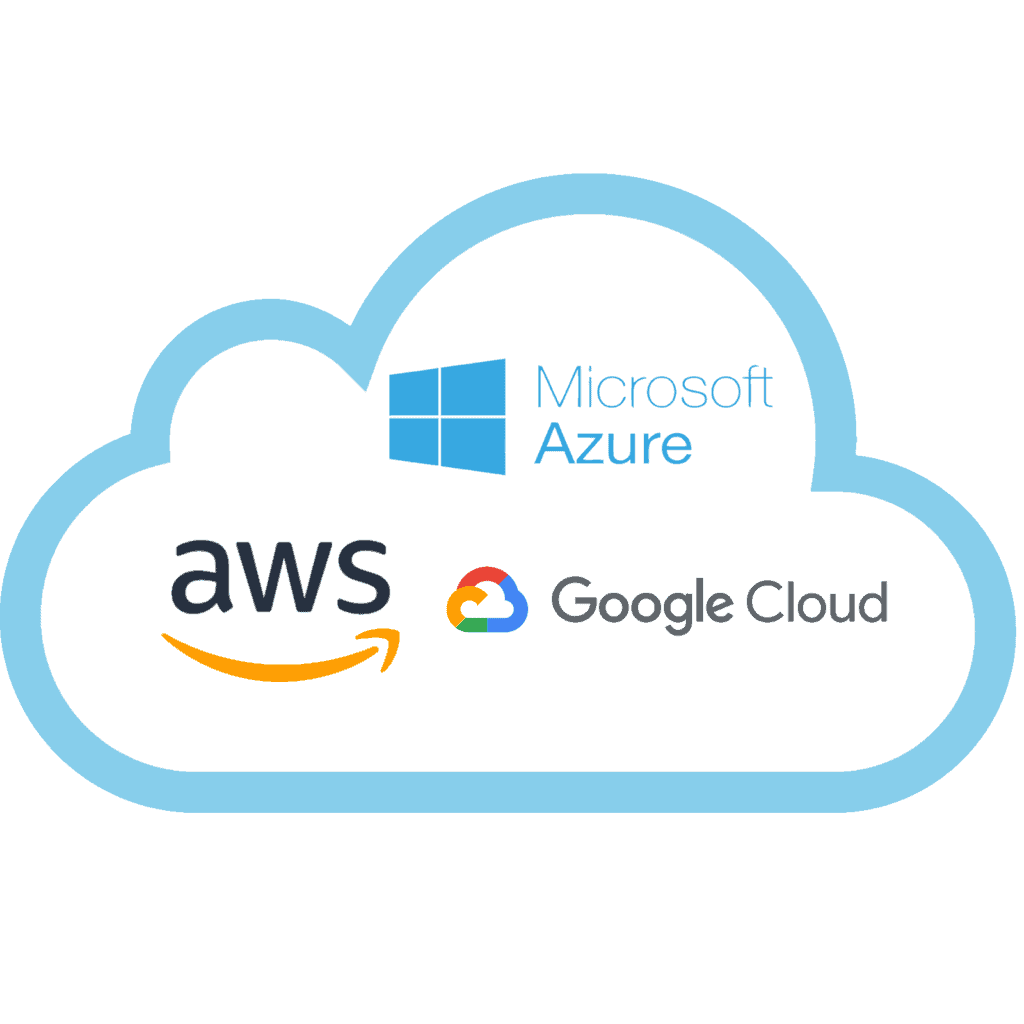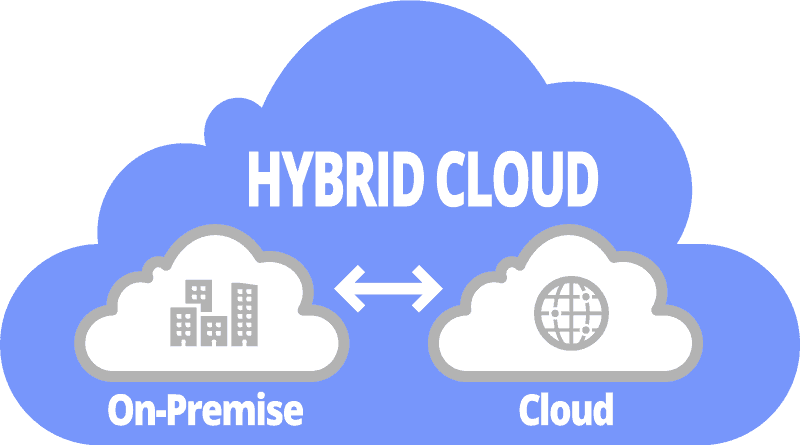Nowadays, we always hear about cloud technology that provides users with various conveniences with accessing their data anywhere and anytime. The demand has drastically risen, and with that comes the necessity to categorize our cloud deployment models based on the users’ requirements.
Below are the four of the most widespread cloud deployment models used to help organizations implement cloud infrastructure to efficiently utilize the CapEx and manage OpEx properly.
Public Cloud
Most well-known IT companies such as Google, IBM, Amazon, and Microsoft are cloud service providers offering this type of cloud deployment model simply because it allows the accessibility of their services to their clients easily. A public cloud is an open-for-use type of cloud service wherein availability is of utmost importance but less secured compared to the other models.
The service provider is entirely responsible for the server infrastructure for this type of cloud model that provides the user or organization to have no concern in purchasing or maintaining any hardware resources. The provider companies offer their cloud computing infrastructure as a service either free of charge or on a pay-per-use arrangement through a stable Internet connection and give the client scalability options as well.
Private Cloud
The architecture of this cloud is nothing different from a public cloud when looking at a technical perspective. However, compared to the public cloud, wherein it is readily available to the general public, a private cloud is owned specifically by a private entity such as a company or an organization willing to shell out additional expenses for the added security and features offers.
Also known as an internal or corporate cloud, means that it allows the accessibility of systems and services within a specific boundary or organization.
This cloud model platform is implemented in a cloud-based secure environment guarded by advanced firewalls under the surveillance of the IT team that belongs to a particular organization. Private clouds allow only authorized users, giving the organizations more comprehensive control over data and its security. Business organizations with dynamic, critical, secured, management demand-based requirements should adopt the Private Cloud Deployment Model.
Community Cloud
Community Cloud is a hybrid model of private cloud. They are multi-tenant platforms that permit different organizations to work on a shared platform. This type of cloud aims to let various organizations, ventures, and joint businesses work on an application or project wherein they are included in the same community, which requires them to have a centralized cloud infrastructure.
This type of cloud infrastructure facilitates its clients to properly identify and analyze the demand of their business to manage the high cost that this entails compared to other cloud computing deployment models. Community clouds can be hosted in a data center either owned by one of the tenants or by a third-party service provider, which can be on-site or off-site.
Hybrid Cloud
A hybrid cloud is a combination of several clouds which allows companies to mix and match the facets of the three types that best suit their requirements. Usually, the critical activities are being handled by a private cloud, and those that are considered less important are handled by a public cloud.
This cloud hybrid is a cloud computing environment that combines an on-premises data center (also called a private cloud) with a public cloud, allowing data and applications to be shared between them. Some people define hybrid cloud to include “multi-cloud” configurations where an organization uses more than one public cloud in addition to their on-premises datacenter.
The 4 Cloud Deployment Models Comparison
To further have an overview of the most popular deployment models to help you decide what to utilize based on your given requirements.
| Public | Private | Community | Hybrid | |
| Ease of setup and use | Easy | Requires IT proficiency | Requires IT proficiency | Requires IT proficiency |
| Data security and privacy | Low | High | Comparatively high | High |
| Data control | Little to none | High | Comparatively high | Comparatively high |
| Reliability | Low | High | Comparatively high | High |
| Scalability and flexibility | High | High | Fixed capacity | High |
| Cost-effectiveness | The cheapest | Cost-intensive; the most expensive model | Cost is shared among community members | Cheaper than a private model but more costly than a public one |
| Demand for in-house hardware | No | Depends | Depends | Depends |
Download our Free CCNA Study Guide PDF for complete notes on all the CCNA 200-301 exam topics in one book.
We recommend the Cisco CCNA Gold Bootcamp as your main CCNA training course. It’s the highest rated Cisco course online with an average rating of 4.8 from over 30,000 public reviews and is the gold standard in CCNA training:


